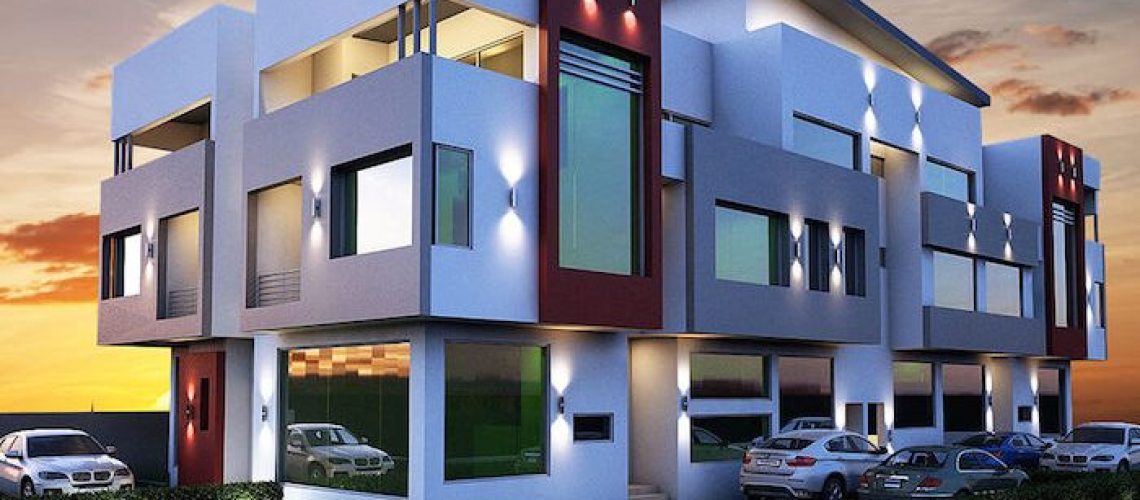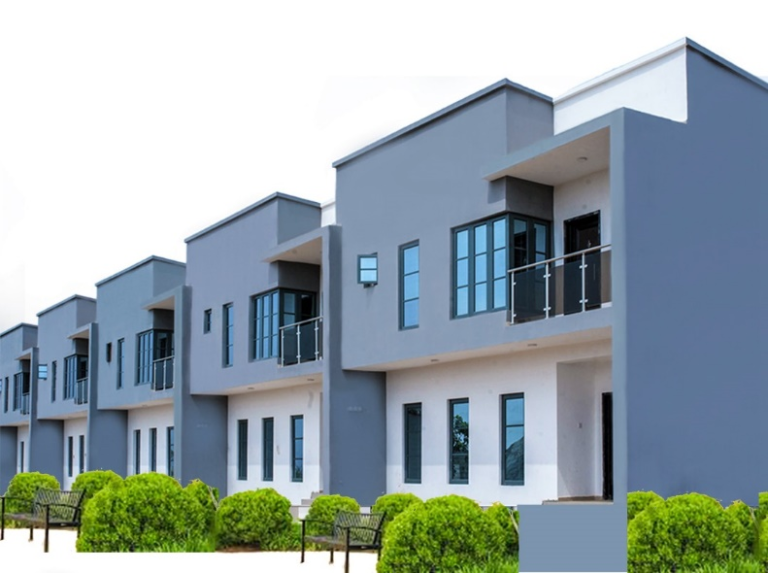Nigeria, the most populous country in Africa, is a rapidly growing market with a robust economy and a large middle class. This has made it an attractive destination for real estate investment, both for locals and foreign investors. The Nigerian real estate sector has seen significant growth in recent years, particularly in the residential and commercial property markets. In this post, we will take a closer look at the current state of the Nigerian real estate market and the opportunities it presents for investors.
Residential Property Market
The demand for residential properties in Nigeria has been on the rise in recent years, driven by a growing population and a rapidly expanding middle class. The residential property market in Nigeria is diverse, with options ranging from high-end luxury homes to affordable housing units. The most popular areas for residential property investment in Nigeria include Lagos, Abuja, and Port Harcourt.
The Lagos real estate market is particularly attractive, with a high demand for luxury homes and apartments in the Victoria Island, Lekki, and Ikoyi areas. These areas offer residents easy access to high-end shopping, dining, and entertainment options, as well as excellent schools and medical facilities.
Commercial Property Market
The commercial property market in Nigeria has also experienced significant growth in recent years. The country has a large and growing economy, with a rapidly expanding middle class and a high demand for office and retail space. The most popular areas for commercial property investment in Nigeria include Lagos, Abuja, and Victoria Island.
The Lagos commercial property market is particularly attractive, with a high demand for office and retail space in the Victoria Island, Ikoyi, and Lekki areas. These areas offer businesses easy access to skilled workers, excellent transportation links, and a thriving business community.
Investment Opportunities
Nigeria presents a range of opportunities for real estate investment, particularly for those looking to invest in the residential and commercial property markets. The country has a large and growing economy, with a rapidly expanding middle class and a high demand for both luxury and affordable housing units.
In addition, the government has been taking steps to support the growth of the real estate sector, including the introduction of policies aimed at increasing access to financing for real estate developers and improving the overall business environment. This has created a favorable investment climate for real estate investors.
Conclusion
The Nigerian real estate market offers a range of opportunities for investment, with a strong demand for both residential and commercial properties. The country’s growing economy, large and expanding middle class, and favorable government policies make it an attractive destination for real estate investors. Whether you’re looking for luxury homes, affordable housing, or commercial properties, Nigeria offers a range of investment options for those seeking to capitalize on the growth of this dynamic market.






